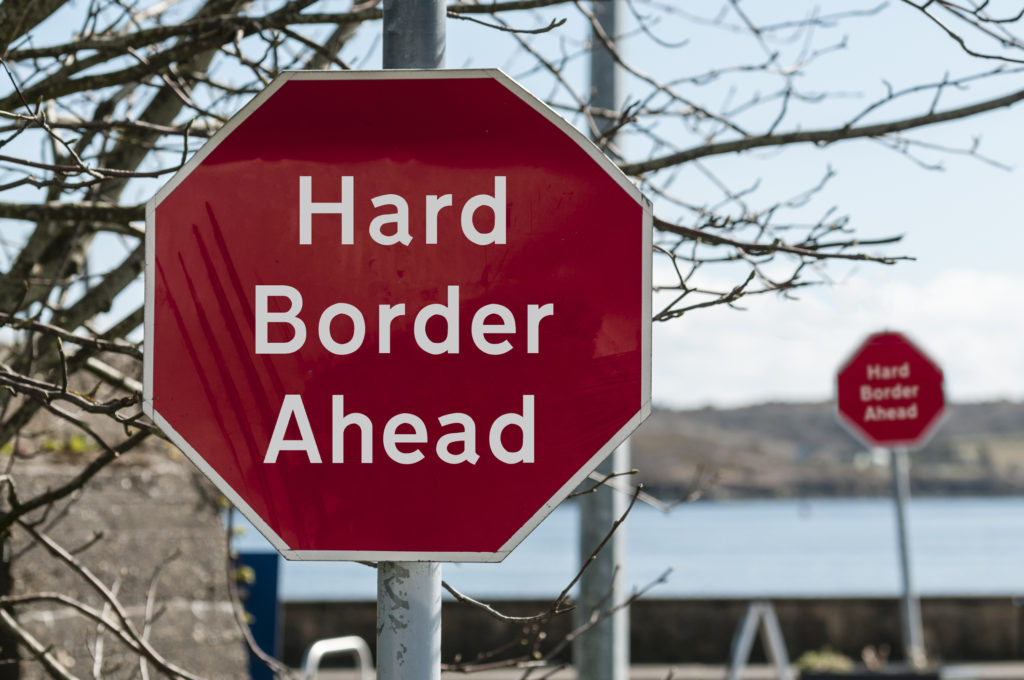
It is fair to say that the UK legal establishment has been ‘blindsided’ by the announcement by the Irish Law Society. Overseas solicitors will not be entitled to Irish Practicing certificates unless they have a physical presence in Ireland from the 1st of January.
What do you need to know:
Practising certificates – Solicitors outside the jurisdiction
The review confirmed the Society’s view that, under the Solicitors Acts 1954 to 2015 and the regulations implementing those statutes, a practising certificate only entitles a solicitor to practise in Ireland from an establishment in Ireland. The review also confirmed that a practising certificate can only be issued to a solicitor on that basis.
Jurisdictional limit on practising certificates
The practice of issuing practising certificates to solicitors outside the jurisdiction may create the erroneous impression that the Society permits practice pursuant to the Irish practising certificate outside Ireland. It is clear that no such practice is permitted and, by adopting this approach, the Society will be making clear that such practice is not permitted.
Why is this important?
Post Brexit we have seen a flurry of law firms move to register their solicitors in Ireland. It has become so common place that many considered it necessary admin. Has this all been in vain? Possibly? There are of course a number of international firms with a physical presence in Dublin, this includes but is not limited to Covington & Burling, Dechert, Dentons, DLA, Eversheds Sutherland, Pinsent Masons and various others. Over the coming weeks/Months we may see a significant spike in international law firms registering and opening an office in Dublin.
It seems that the Law Society of England and Wales learned about this change through a press release on the Law Society of Irelands website. Thus hinting at the likelihood that there was no consultation or formal notification prior to releasing the update. Interestingly other EU-qualified lawyers based in England and Wales it seems, are still be able to continue practising in their home jurisdictions state law including EU law.
As a reference to the size of impact since 2016 some 4,000 lawyers had successfully gained admission to the Irish roll of solicitors with an understanding, they will be able to advise their clients on EU law. It makes sense does it not?! The largest number of solicitors that gained admission had come from Allen & Overy and Linklaters but this is perhaps a fair reflection given their size and lack of a Dublin presence. This could be seen as the law society of Ireland expecting solicitors to have a genuine connection with their jurisdiction. Removing the chance of lawyers in the UK having a back door to the EU via Ireland. This is of course understandable and in turn focuses work to Irish based solicitors but it could be with a view to attracting more international firms to Dublin.
What to expect?
Dublin itself is an exciting market thanks to the lure of Technology and Financial Services clients. Currently Northern Ireland and Scotland have not issued a notification of any changes to their requirements.
It certainly seems that those firms that have already invested in their Dublin capability have a significant advantage both in the context of Brexit and crucially a first mover advantage when it comes to acquiring local talent. Whatever your thoughts on this change it is clear that the spotlight on Dublin shines strong.
By Mathew Parker, Consultant at Fides Search. He dedicates his time to working with clients on their key strategic hires within TMT, Data protection & Cyber Security. To find out more get in touch with Mathew:
Mobile: +44 (0) 7391 405 563 | Direct Dial:+44 (0) 20 3642 1874 | mathew@fidessearch.com